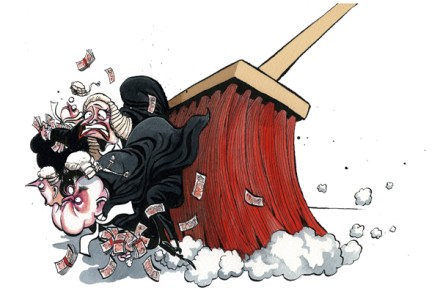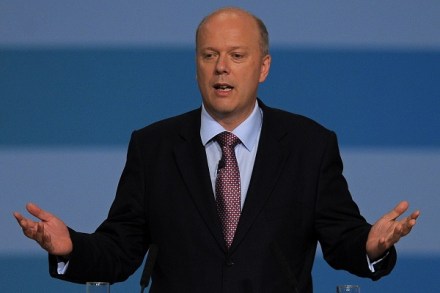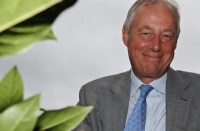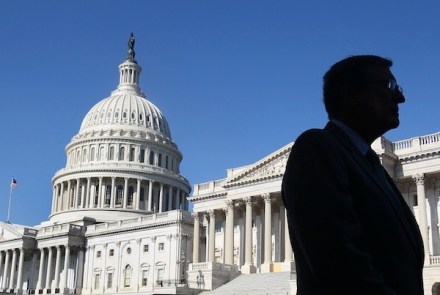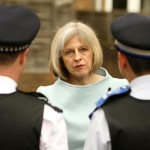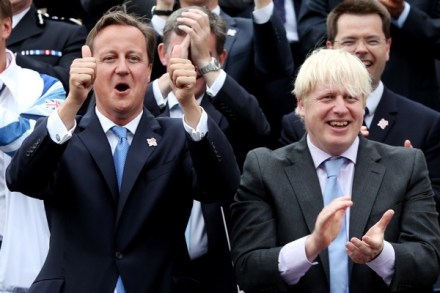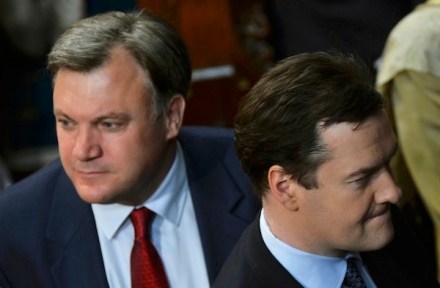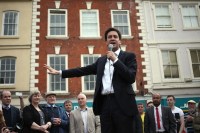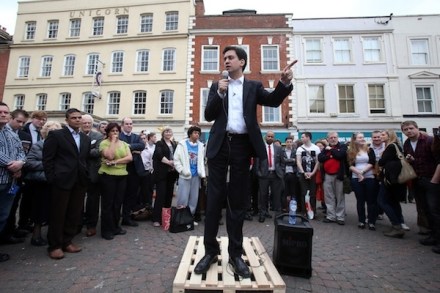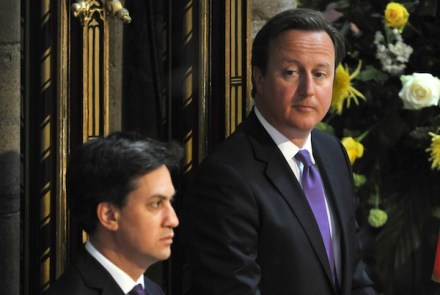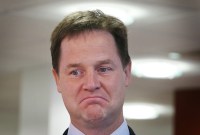Harry Mount is wrong: Chris Grayling’s legal aid reforms will damage justice
I just wonder how long Harry Mount has been waiting to put his boot into the Bar. Having a first-class degree from Oxford, membership of the Bullingdon Club and then getting a pupillage in a top class set of chambers, it must have been devastating to his well-nurtured ego to have been turned down for a tenancy. His piece in this week’s Spectator was a masterpiece of bitterness and bile. It was a travesty of what is really happening. There are no fat fees at the criminal Bar. Far from spiralling out of control the criminal legal aid budget has been cut by a third from 2006/7 and fees between
